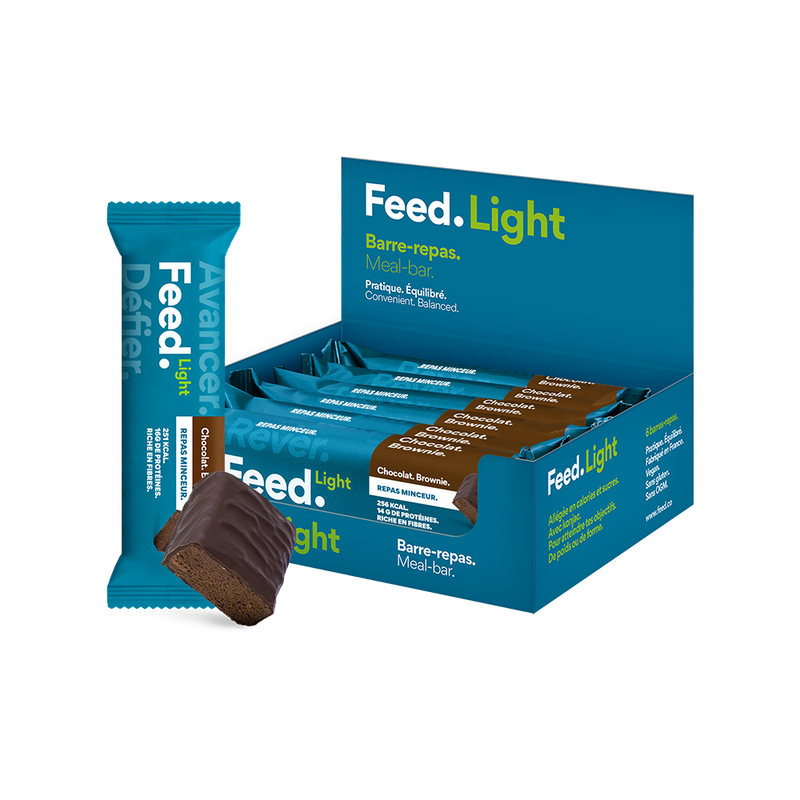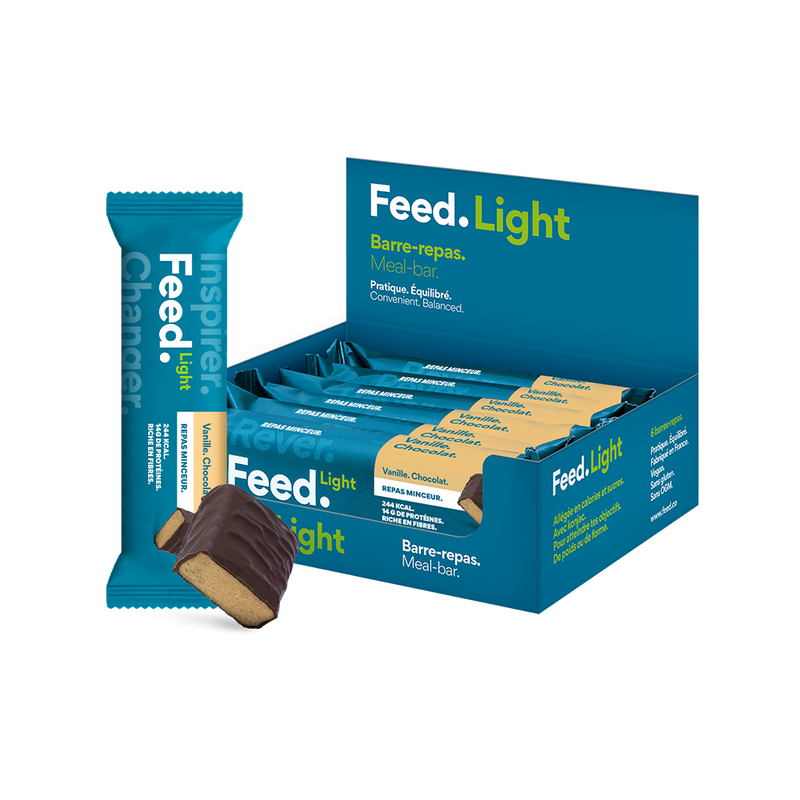Proteins are essential for the proper functioning of our body. We can find natural proteins in many foods. In this article, we will explain the role of natural protein, the benefits of consuming natural proteins as well as the different foods that are rich in them. We will also see the risks associated with overconsumption of natural proteins in nutrition.
Natural protein, what is its role?
Natural protein is an organic metabolite essential for the growth and development of living things. Indeed, it is considered one of the main constituents of living organic matter, and it is one of the macronutrients essential for good health and a healthy lifestyle.
Protein is made up of amino acids which are linked together by peptide bonds. They are essential for living organisms because they play an important role in providing the nutrients the body needs to function properly.
The structure of the protein varies depending on the sources and how it was made. Most natural proteins contain 20 different amino acids, but some can contain up to 30.
Natural proteins are essential for the growth, development and maintenance of an organism in good shape. They also play an important role in metabolism, particularly in the metabolism of carbohydrates and lipids. They also provide the body's cells with the amino acids they need to function properly and to make new organic compounds that regulate different metabolic processes.
Protein can also be used as energy by the body, particularly during periods of stress or intense muscle strain. Protein helps build strong muscle tissue and helps maintain a strong immune system and good bone health.
The different sources of natural protein
Animal proteins
Animal-based proteins are complete proteins found in foods of animal origin.
Here are some examples of protein-rich foods :
- Red meat such as beef, pork and lamb
- Poultry such as chicken and turkey
- Fish such as salmon, tuna and trout
- Dairy products such as milk, cheese and yogurt
- Chicken eggs
- Protein powder: whey-based protein powders are derived from milk, this protein is considered natural because it is derived from natural ingredients.
Animal protein contains all the essential amino acids needed for a balanced diet, but they may also contain saturated fats and cholesterol. It is therefore important to consume these foods in moderate quantities and to choose lean protein sources such as fish and poultry. It is possible to opt for plant-based alternatives to animal proteins to reduce your consumption of animal proteins, which can have health and environmental benefits.
Plant Proteins
Natural plant proteins are found in many plant-based foods.
Here are some examples of foods rich in plant proteins:
- Legumes such as beans, lentils, chickpeas, split peas, snap peas, pea protein,
- Whole grains such as brown rice, quinoa and oats
- Nuts and seeds such as almonds, walnuts, chia seeds, hemp protein,
- Vegetables such as spinach, broccoli and Brussels sprouts
- Fruits such as avocados and berries
- Protein powder: soy-based protein powder, pea protein, rice protein, for example. These protein sources are considered natural because they are derived from natural ingredients.
- Our Light meal bars. and Original .
Plant proteins are an alternative to animal proteins, plant protein is rich in essential amino acids for the body and therefore essential in balanced nutrition.
However, some plant protein sources may be less complete than animal protein, so it is important to have a varied diet to ensure you are consuming all the necessary nutrients.
The recommended daily amount of protein varies depending on age and gender, it is generally between 0.8 g/kg/day in adults and 1-1.5 g/kg/day in athletes or people suffering from of certain chronic diseases.
A diet rich in protein and varied contributes to maintaining good overall fitness, however it is important to ensure that your total protein and calorie intake is adapted to your daily physical activity and your needs in order to have a healthy optimal nutrition.
In general, excessive protein consumption does not pose any major risks to the body, however some people may be sensitive to certain types of specific proteins such as those that come from soy or whey (milk protein).
People sensitive to this protein are therefore advised to limit their consumption or to opt for an alternative non-allergenic source such as that from seeds or dried fruits (almonds, nuts, etc.).
The benefits of consuming natural proteins
The consumption of natural proteins is a central element of the body and well-being. Natural proteins are made up of amino acids which play an essential role in the proper functioning of our body.
Natural proteins can help maintain a healthy weight, promote weight loss, and reduce the risk of serious illnesses such as diabetes, heart disease, and certain types of cancer. They may also help lower cholesterol levels and improve immune function.
Natural protein is also known to provide a sustainable source of energy and a way to support or build muscle mass. Natural proteins also promote digestion. Protein can help stimulate the production of digestive enzymes, which allows our bodies to better absorb the nutrients it needs to function properly.
Protein may help increase stool bulk and reduce chronic constipation. Natural proteins can also provide other essential nutrients such as B vitamins, essential fatty acids, iron, magnesium and calcium.
They are important in preventing various health problems such as anemia, osteoporosis, chronic fatigue and immune system disorders. Natural proteins can also be an excellent source of dietary fiber which helps maintain good digestion and cardiovascular health.
Protein is known to have positive effects on our mood and mental well-being. It contains amino acids that can help increase our levels of happy hormones such as dopamine and serotonin. This can help to better manage stress and improve our cognitive performance by promoting learning, concentration and memory.
The disadvantages of protein consumption
Consuming natural proteins may cause certain side effects and risks. First of all, you should know that excessive consumption of natural proteins can lead to an increase in cholesterol levels in the blood.
Indeed, natural protein products often contain fats and saturated fats which are likely to increase cholesterol levels.
In addition, when we consume natural proteins in excess, we also risk suffering from gastrointestinal problems. Excessive protein consumption can lead to abdominal cramps, bloating, and abdominal pain.
Natural protein foods can also damage the intestinal lining, which can lead to poor nutrient absorption.
Some natural proteins are often high in sodium and salt, which can also increase the risk of high blood pressure and water accumulation in the body.
These side effects are not always visible in the short term because they generally appear after regular and prolonged consumption.
So, although the consumption of natural proteins can offer a large number of benefits, it is important to understand that excessive and prolonged consumption can also cause certain disadvantages and risks.
Therefore, it is advisable to adopt a balanced and varied diet in order to minimize the risk of developing these undesirable side effects. You can seek advice from a nutrition professional to adapt your protein intake according to your protein needs.
In summary.
It is essential to choose quality natural proteins to benefit from the nutritional benefits they offer.
They are easy to incorporate into your diet and are very healthy and nutritious. A food rich or natural protein source contains amino acids and other essential nutrients for the body.
Additionally, protein in food is a great alternative to processed and refined products. Natural proteins are therefore a good option for a balanced and healthy diet.




















